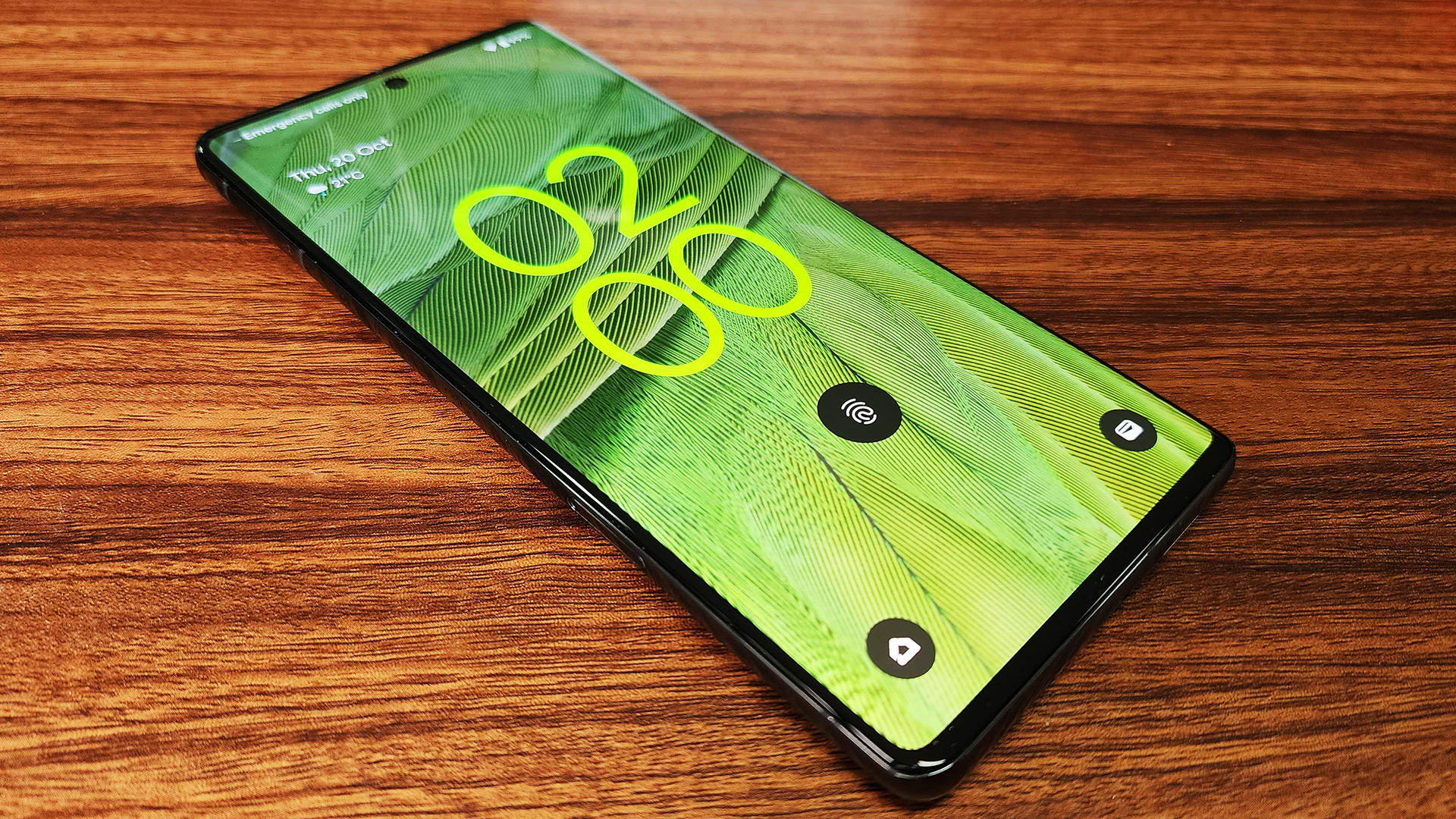Android 14 could block outdated apps from being installed — even by sideloading
Android 14 could stop you from installing malware outside Google Play

As much as I like using Android, there’s no denying the fact there’s always a risk of malware. Especially if you’re prone to sideloading app APKs and bypassing the safety measures imposed by Google Play. Android 14 won’t stop that process, but it may be able to make it slightly less risky.
According to 9to5Google, Android 14 will start blocking the installation of apps that are designed for “outdated” versions of Android. It’s a policy that’s already in place on Google Play, which requires newly-listed apps to target Android 12 or higher, but it may soon affect sideloading as well.
A newly-revealed code change suggests that Android 14 will be making API requirements stricter than before — specifically to block users from installing outdated apps. This would stop sideloading of outdated APK files, while also blocking installation from app stores. Because this isn’t Apple, and users can access more than just Google Play.
It’s worth noting that the installation block may not be quite as strict as Google Play itself. It’s believed that the block will initially apply to “especially old Android versions” and slowly increase to include Android 6.0 (Marshmallow) — which first launched back in 2015.
Why Android 6? Well it was the first version of Android to ask users to confirm app permissions, rather than giving apps free reign. That should make it a bit harder for hackers and other threat actors to access sensitive areas of your phone. Not impossible, but harder, and making your device that little bit safer in the process.
However 9to5Google notes that device makers may still get to decide their own threshold for outdated apps, or whether they even want this feature enabled at all. So it’s likely that only Google Pixels will get the hard Android 6 limit locked in.
A new command shell flag is also said to be available, allowing people to install outdated applications if they feel the need. But the extra steps and knowledge involved means average users aren’t likely to bother with it. Still, it means you won’t be completely deprived of your hilariously-outdated apps if you really must have them.
Get instant access to breaking news, the hottest reviews, great deals and helpful tips.
While the problem of malware on phones is never going to completely disappear, making the Android ecosystem safer can only be a good thing. Especially if it means it’s that much harder to install potentially dangerous software without even realizing it.

Tom is the Tom's Guide's UK Phones Editor, tackling the latest smartphone news and vocally expressing his opinions about upcoming features or changes. It's long way from his days as editor of Gizmodo UK, when pretty much everything was on the table. He’s usually found trying to squeeze another giant Lego set onto the shelf, draining very large cups of coffee, or complaining about how terrible his Smart TV is.
 Club Benefits
Club Benefits





